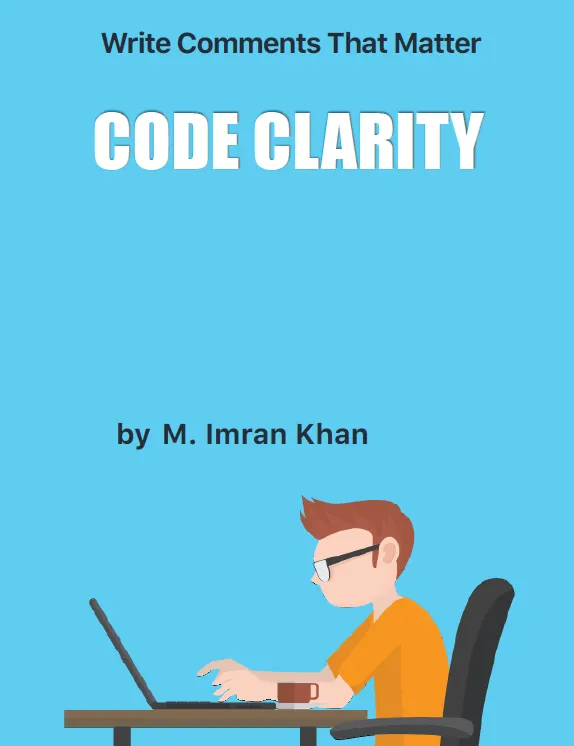Zero or bad documentation — If your future self can’t read your code, fix that with meaningful comments
Making a habit of writing README files and developer onboarding documentation can also support your cause. These documents not only help others understand your code but also promote best practices across your team.
The beauty of this approach is that it encourages codebase maintainability. It’s not just about making things work today, but about ensuring that they can be understood and modified tomorrow.
This is where self-documenting code comes into play, creating a symbiotic relationship with your comments. Well-structured code often speaks for itself, but a few thoughtful comments can turn it into a masterpiece. Now, let’s not forget about open source projects. If you’ve ever contributed to one, you know how crucial it is to have clear documentation.
A well-documented codebase invites collaboration and helps foster a community around it. Your code becomes an asset rather than a burden, and the more you invest in it today, the more you'll reap rewards in the future. So the next time you're about to write a piece of intricate code, take a moment to consider your future self. Embrace the importance of code comments and make commenting your code a priority.
It’s a small investment of time that pays off in a big way—smooth sailing for your future projects and a cleaner, more maintainable codebase today. After all, as developers, our goal isn’t just to write code that works; it’s to create something that others (and our future selves) can understand and improve upon. Happy coding!
FREE SPECIAL REPORT
FREE SPECIAL REPORT: Limited Time Access
In this exclusive report, you’ll discover:
👉 Why zero or poor documentation is the #1 reason your future self (or team) can’t maintain your code — and how to fix it starting today.
👉 The “Code Documentation Cheatsheet” — a simple, copy-and-paste framework for commenting code, writing READMEs, and documenting APIs.
👉 Real-world examples of what good documentation looks like — from login functions to API payloads and service integrations.
👉 The top tools I use to document Java & Spring Boot apps fast (Javadoc, Docs, Docusaurus, Swagger) — explained in beginner-friendly steps
👉 Bonus: A checklist of documentation sins most devs commit (and how to clean up the mess without rewriting everything).
✅ Whether you're working solo or with a team, this guide will help you write code people understand — not just code that runs.
